-
×
 Secret Million Dollar Amazon Listing Formula
1 × $47.00
Secret Million Dollar Amazon Listing Formula
1 × $47.00 -
×
 Jerry Banfield with EDUfyre - Master Entrepreneurship Online
1 × $25.00
Jerry Banfield with EDUfyre - Master Entrepreneurship Online
1 × $25.00 -
×
 BONUSES - Heart Health Series GB by Lynn Waldrop
1 × $29.00
BONUSES - Heart Health Series GB by Lynn Waldrop
1 × $29.00 -
×
 IBD’s Level 3 – Chart School
1 × $99.00
IBD’s Level 3 – Chart School
1 × $99.00 -
×
 Larry Connors – 5 Week Live Web Seminar (Video & WorkBook )
1 × $27.00
Larry Connors – 5 Week Live Web Seminar (Video & WorkBook )
1 × $27.00 -
×
 TradeGuider Education Package
1 × $179.00
TradeGuider Education Package
1 × $179.00 -
×
 Andrea De La Torre - Baby, We're Home! Now Let's Sleep
1 × $25.00
Andrea De La Torre - Baby, We're Home! Now Let's Sleep
1 × $25.00 -
×
 Adobe Premiere Rush v1.5.8.550 Win/Mac x64
1 × $29.00
Adobe Premiere Rush v1.5.8.550 Win/Mac x64
1 × $29.00
Subtotal: $460.00

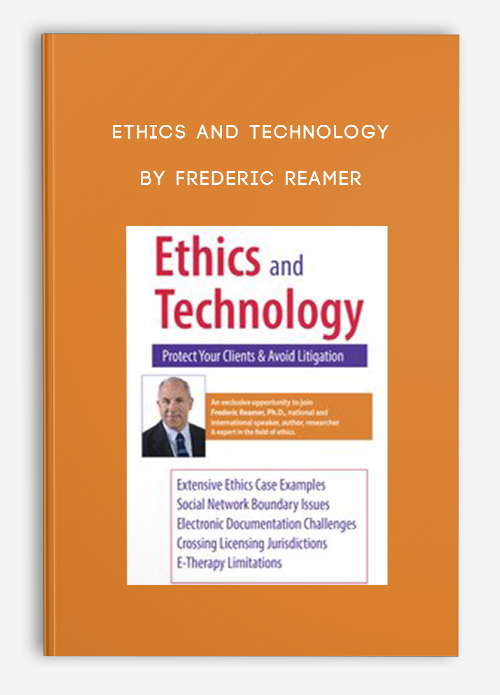
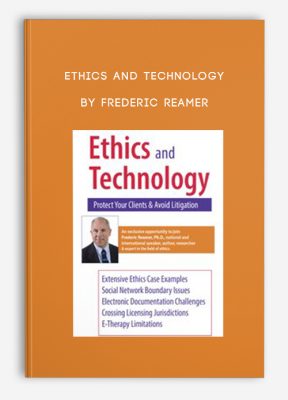
![Fast Confidence [How To Be More Confident │Confidence Building] from Sharon Melnick, Ph.D.](https://salaedu.org/wp-content/uploads/2017/05/Sharon-Melnick-Ph.D.-Fast-Confidence-How-To-Be-More-Confident-│Confidence-Building-220x261.png)
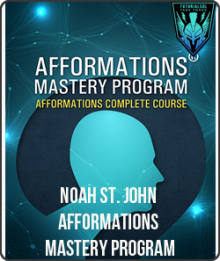
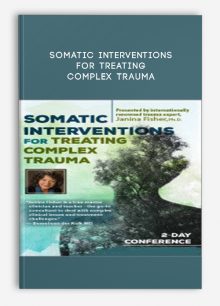



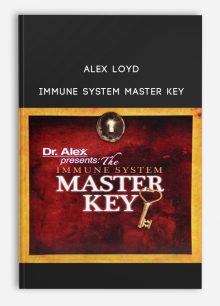

Trevis Trevis –
Welcome to Sala Shop, we are here to provide everything to learn and improve this life…encourage you to check clearly the course